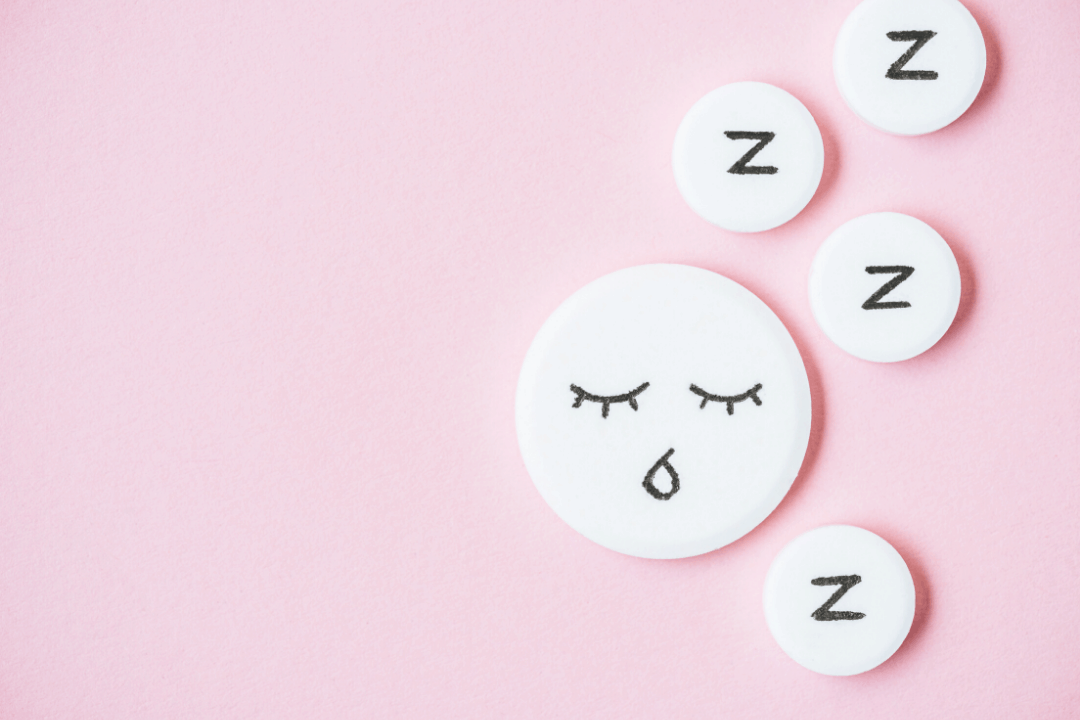
As we begin the fall semester, it often seems like 24 hours just isn’t enough time to get everything done.
Trying to get back into the swing of things while allowing time for class, studying, meals, clubs, sports, activities, jobs, internships, socializing and more isn’t easy. Sometimes skimping on sleep can seem unavoidable.
With a busy schedule, late night socializing, and noisy neighbors gallivanting down the halls until 3 a.m.,it’s no wonder that more than 60% of all college students have disturbed sleeping patterns. But sleep deprivation is nothing to take lightly – poor sleeping habits negatively impact your physical and mental wellbeing, can predispose you to a variety of serious health conditions later on in life, and can cause and worsen bouts of anxiety and depression.
Establishing a set sleeping schedule is one of the best ways to start your semester off right and prepare yourself for the busy year ahead.
Check out these useful sleeping tips for getting a better night’s rest, and continue reading below for just some of the many incredible benefits of getting a full night’s rest!
Table of Contents
1. Sleep Supercharges Your Immune System
When we are sick or feel under the weather, we are often told to “sleep it off,” and there is much wisdom in this simple advice. Sleep deprivation suppresses immune system functioning, so people who don’t get enough sleep are more likely to come down with a cold and have a weakened ability to recover from already-acquired illnesses.
Specifically, sleep deprivation reduces production and activity of T cells, specialized types of white blood cells that directly attack bacteria and viruses, stimulate antibody production, and produce cytokines that activate other T cells to aid in the immune system response. When we lose sleep, we make our bodies especially vulnerable to bacterial and viral infections.
2. Sleep Keeps Your Metabolism Roaring
Loss of sleep causes multiple hormone imbalances that significantly affect metabolism regulation, appetite and hunger control, and storage and breakdown of fat.
Sleep deprivation increases levels of ghrelin, a hormone that stimulates hunger, and decreases levels of leptin, a hormone that regulates appetite and sends signals to our brains when we are full. When we are sleep deprived, we tend to feel hungrier than usual, crave unhealthier foods, and have difficulty feeling full – all factors that can lead to poor dietary choices and unhealthy weight gain.
Lack of enough sleep additionally decreases levels of adiponectin and glucagon, hormones responsible for fat breakdown, and elevates levels of fat-storing insulin. Since skimping on sleep drastically disrupts your metabolism by keeping it in fat-storing mode, sleep deprivation reduces your energy levels as well, leaving you feeling tired, sluggish, and unmotivated to even move or get out of bed, which can further contribute to the disruption of metabolic processes including fat breakdown and energy storage.
Studies show that sleep deprivation also disrupts levels of cortisol and growth hormone which play key roles in keeping your metabolism in check.
3. A Good Night’s Rest Heightens Your Mood
If you’ve ever pulled an all-nighter, you’ll know firsthand why people who don’t sleep enough are rarely in a good mood.
Studies at the University of Pennsylvania show that people who are sleep deprived are more likely to succumb to feelings of anger, sadness, and irritability, and are more likely to report feeling stressed and mentally exhausted. Often, a good night’s sleep is all you need to help improve your mood and make coping with everyday stressors more manageable.
Sleep deprivation and depression are very closely linked as well, and although it’s not always clear which one causes the other, improved sleeping habits can undoubtedly improve symptoms of depression.
4. Sleep Improves Learning and Memory
Having trouble studying, focusing on your assignments, or paying attention during lectures? Perhaps all you need to get you those A’s are a few more Z’s!
Deep sleep helps our brains retain and store new information and strengthens the neural connections that keep our memories sharp. Loosing sleep significantly hampers academic performance by impairing memory recall and concentration, so make sure you clock in enough hours of shuteye each night to keep you on your A game!
5. ZZZ’s Help Rejuvenate Your Skin
It turns out there is such a thing as beauty rest! When we sleep, our skin restores itself overnight through increased skin cell and collagen production, and cellular repair, giving our skin a healthy, well-rested glow.
Sleep deprivation causes us to have a lackluster appearance as dark under-eye bags, puffiness of the skin and around the eye area, and even a sickly color to the skin are often characteristic signs of not enough sleep. Lack of adequate sleep also accelerates skin agingand hampers our skin’s ability to recover from sun exposure.
Getting a good night’s sleep will help you look your best and can even help heal acne and other conditions like dry skin since cellular turnover – the rate at which we replace old skin cells with new ones – is purported to be 8 times faster during deep sleep!
Thoughts?
Have you established a set sleeping schedule yet? Notice any changes in your overall health when you’re fully rested? Comment below and let me know!

Pretty! This wass an extremely wonderful post. Thanks for providing this info.